
Prayer is usually talked about as effortless, but the truth looks different for most people. Many discover that the moment they sit down to pray, responsibilities call for attention,, or a lingering heaviness makes silence difficult to embrace. These 10 obstacles can leave us wondering if we are somehow doing prayer “wrong,” when in truth it’s simply a part of the journey.
Persistent Distraction
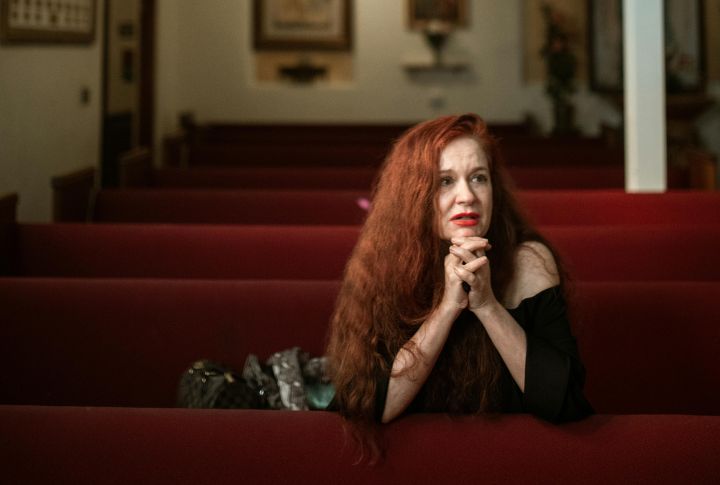
Your brain handles 11 million bits of information every second, but only processes 40 consciously. No wonder your mind wanders during prayer—bouncing between phone notifications, grocery lists, and tomorrow’s meeting. This isn’t spiritual failure. It’s simply how your brain works, constantly sorting through endless mental noise.
Inconsistent Prayer Habit

Some weeks, you pray every morning. Other weeks? Nothing. You’re not alone. A 2023 Pew survey shows 45% of Americans rarely pray, and just 32% maintain a daily habit. Most of us exist in that uncomfortable middle—wanting spiritual connection; however, struggling against the guilt of starting over again.
Heavy Guilt And Shame From Past Sins
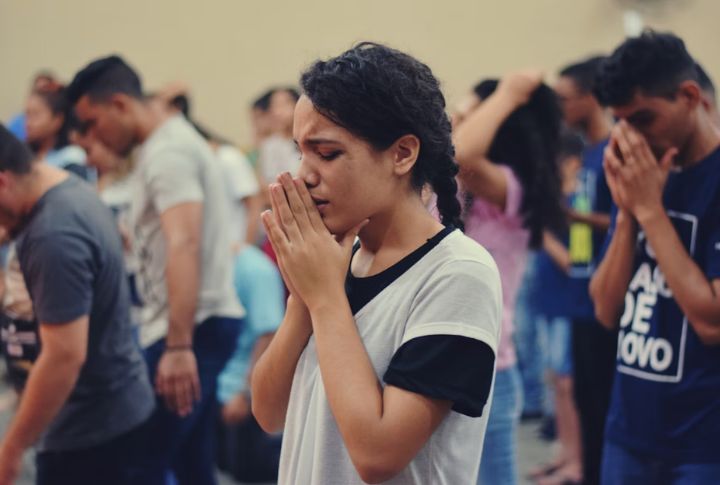
Guilt turns prayer into torture for many believers. They carry past sins like weights, thereby feeling too unworthy to approach God honestly. Prayer becomes agonizing self-judgment rather than an intimate conversation because the shame runs so deep that praying feels presumptuous, like they’ve permanently lost their right to God’s attention and forgiveness.
Spiritual Dryness
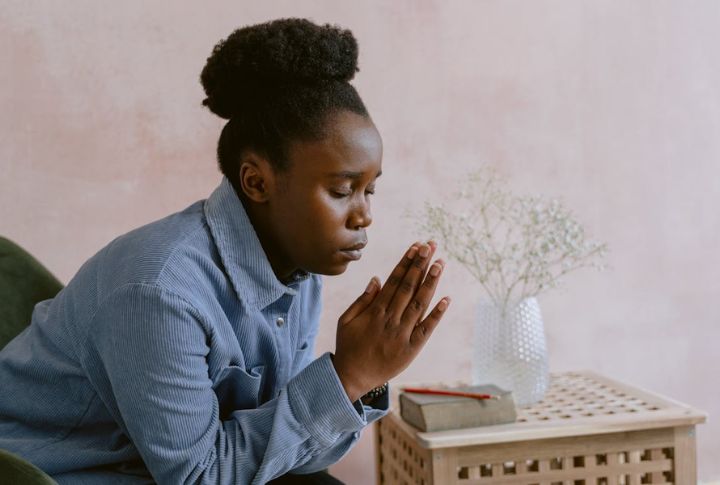
At times, prayer resembles talking to a wall. Spiritual dryness hits when your emotions go flat during your most sacred moments. You want to sense God’s presence, but there’s just… nothing. No feeling, no warmth. It’s discouraging and happens to more people than you’d think.
Doubt About God’s Existence Or Attention
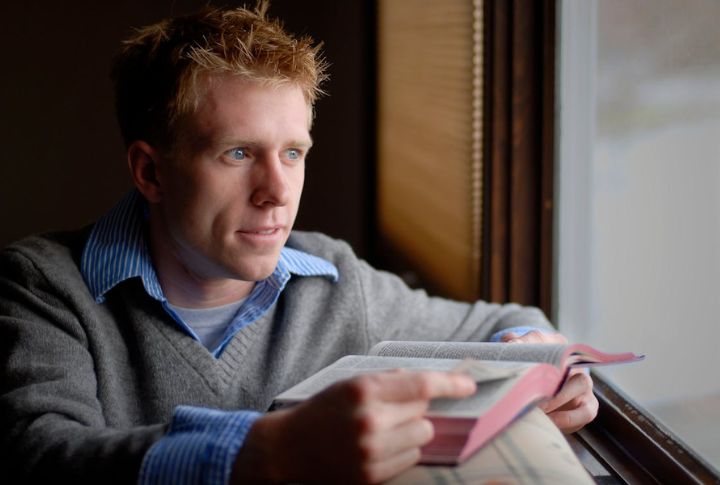
Ever whisper a prayer while questioning if God’s real? That internal conflict is also surprisingly common. People everywhere pray despite doubts about divine existence or attention. This is a strange, shared experience—talking to Someone you’re unsure is there in the first place. But even skeptics sometimes find themselves praying anyway.
Rote Or Formulaic Praying
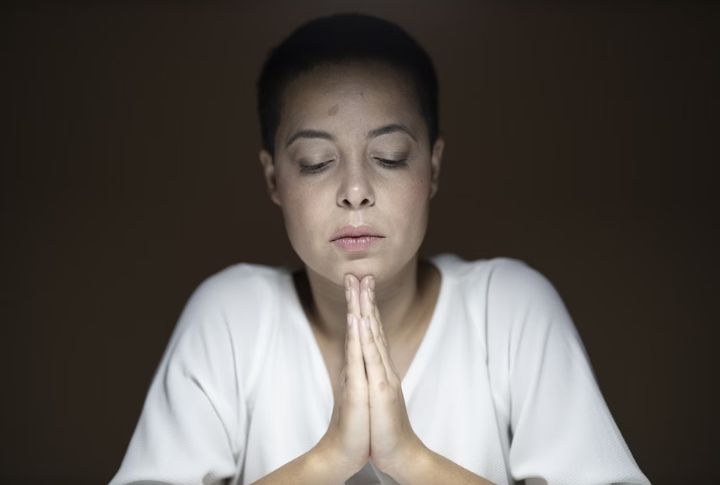
You say the same prayers every time, but honestly? The words don’t mean much anymore. They just roll out automatically, whereas your mind drifts to other things. What used to be a real conversation with God has turned into an empty routine—like brushing your teeth. Words without heart.
Comparing One’s Prayer Life To Others

Someone casually mentions praying for two hours every morning, and suddenly your fifteen minutes feel small. That sense of inadequacy is surprisingly common. In truth, there’s little solid research on what “normal” prayer looks like across faiths. Most comparisons are built on assumptions rather than reality.
Expectation Of Instant Visible Answers

You pray and expect God to answer immediately, like texting a friend. When nothing happens right away, you feel ignored or doubt if He is listening. However, those frustrating waiting periods are actually where your faith grows stronger. God’s timing rarely matches yours, and that gap teaches you things instant answers never could.
Fear Of Honest Prayer
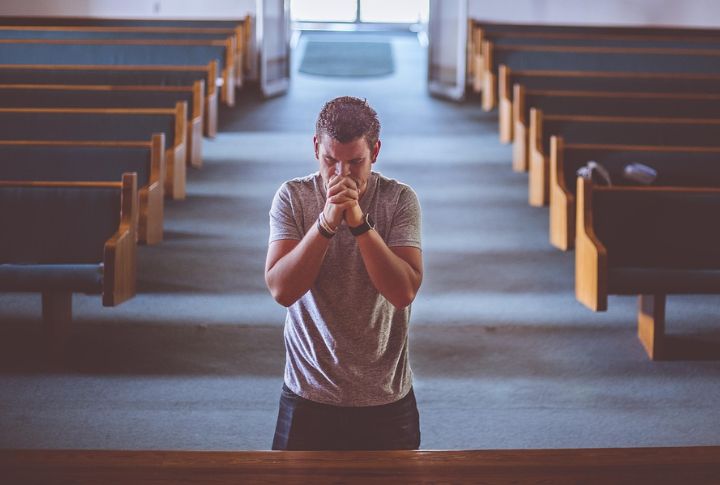
You’re basically editing your prayers in real-time. Angry thoughts get deleted, doubts stay in draft mode, and complaints never make it past your filter. You think God needs the polished version, not the messy truth. But honestly? That filter destroys the whole point of forming a genuine connection.
Falling Asleep Or Losing Time During Prayer
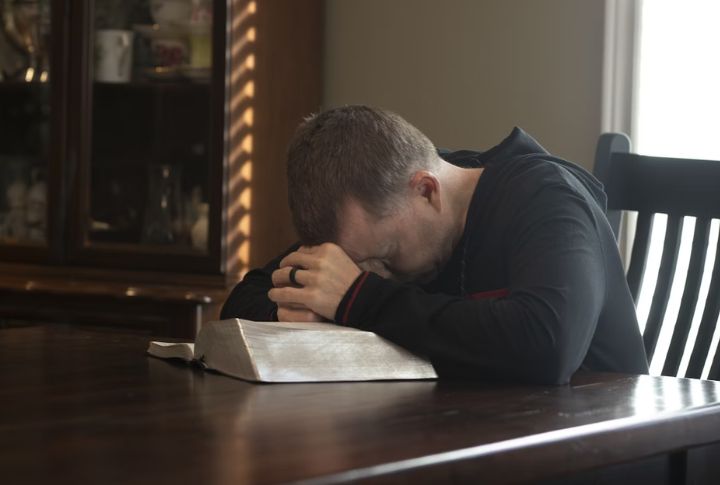
Prayer time does weird things where a person is three sentences in and suddenly falls asleep, or loses chunks of minutes without realizing it. This isn’t spiritual failure, though, because the brain runs on biology rather than willpower alone. By evening, alertness tanks naturally, which makes it nearly impossible to maintain the focus being demanded.

